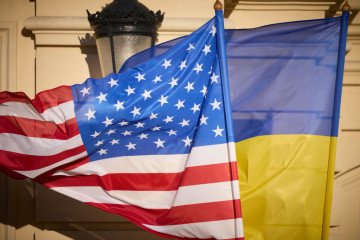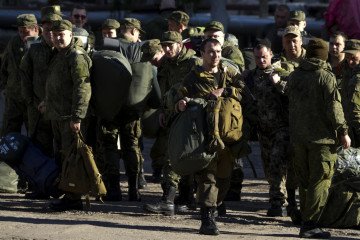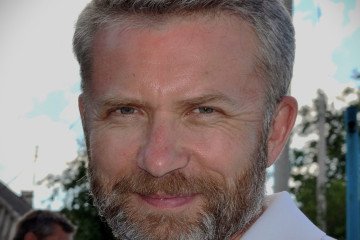The Russian government unveiled a program aimed at boosting the nation's birthrate, which has plummeted by a third since the annexation of Crimea in 2014 and reached its lowest point in modern history this year.
This was reported by The Moscow Times.
According to a document cited by the Russian outlet RBС, the demographic strategy of "family-centeredness" aims to raise the total fertility rate—the average number of children per woman—to 1.6 by 2030 and 1.8 by 2036. It is noted that last year, it fell to 1.41, the lowest level in 17 years.
The program will aim to strengthen the family and marriage institutions while promoting "traditional family values." Images of large families are set to feature prominently in advertising and media content, and state awards are planned for grandparents with many grandchildren.
The key element of the "family-centered" strategy will be the national project "Family," with a budget allocation of 2.8 trillion rubles per year ($28 million) for the next 3 years, totaling over 8 trillion rubles ($80 million).
However, despite the substantial figures, funding will decrease in real terms, from 1.56% of GDP next year to 1.16% by 2027. The share of the "family budget" in overall government spending will also drop from 6.83% to 6.16%.
Spending on family support is significantly lower than in Europe, where countries like France, the UK, and Denmark allocate 3-4% of GDP, according to demographer Alexei Raksha. As a result, no increase in birth rates, even per woman, is expected in the coming years. Raksha predicts that the number of births this year will fall to 1.22 million, marking the lowest figure in the last 220-230 years, with further declines expected to 1.1 million in the future.
Previously, Russia’s Interior Ministry drafted a presidential decree assigning police the responsibility of preserving and strengthening “traditional Russian spiritual and moral values.”
-f88628fa403b11af0b72ec7b062ce954.jpeg)
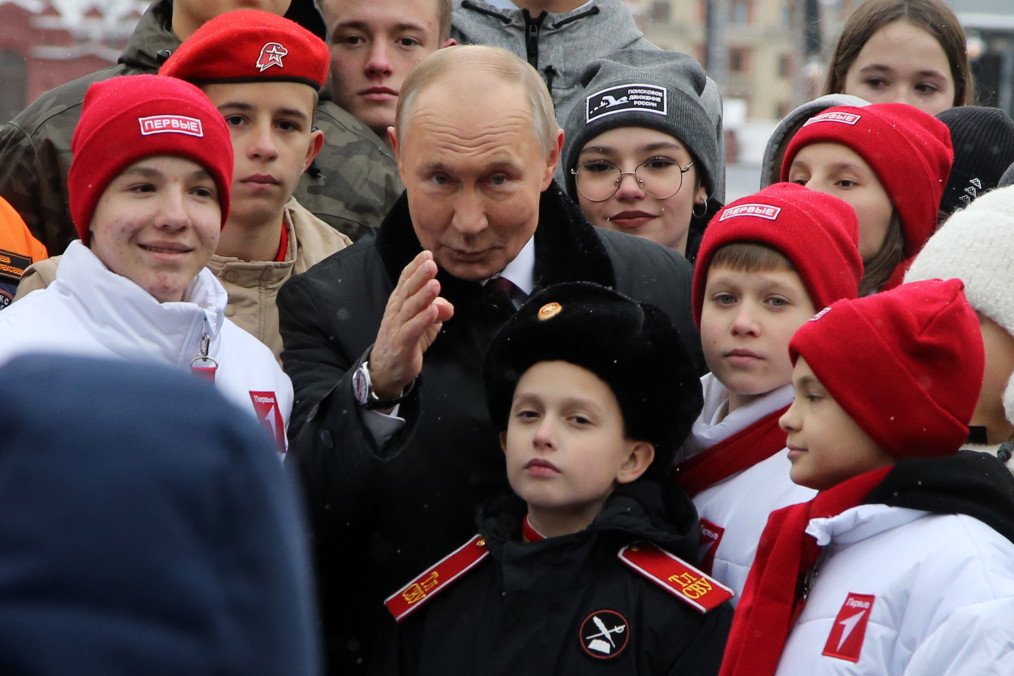
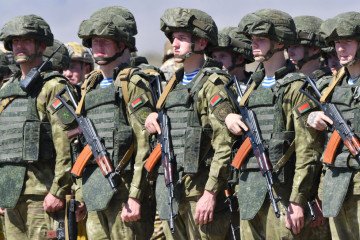
-72b63a4e0c8c475ad81fe3eed3f63729.jpeg)
